£9.95 delivery on orders excluding certain products & postcodes *
Anti Carbonation Wall Coatings
When it comes to underground car parks and multi-storey car lots, it is important to protect internal walls and ceilings from the effects of carbonation from vehicles. Promain provide various anti-carbonation wall coatings available from industrial manufacturers Mapei, Sika and Keim.
If you require an anti-carb coating for your parking facilities, see our range of quality paints and coatings below.
-
 Sika Sikagard 550W Elastic Crack Bridging - Formerly Decadex
Sika Sikagard 550W Elastic Crack Bridging - Formerly DecadexAn anti carbonation water permeable wall paint. Offers excellent resistance against harsh elements and ageing.
Out of stock -
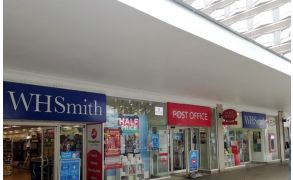 Fosroc Dekguard S
Fosroc Dekguard SA 1 pack, solvent based acrylic protective and decorative coating for concrete and masonry at low temperatures.
-
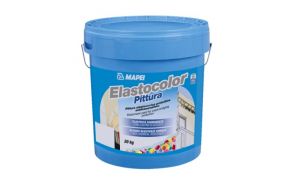 Mapei Elastocolor Pittura Paint
Mapei Elastocolor Pittura PaintUsed to protect the surfaces of concrete and cement renders from aggressive agents present in the atmosphere.
-
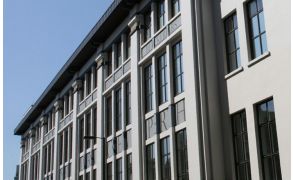 Fosroc Dekguard E2000
Fosroc Dekguard E2000A 1 pack, water based, crack-accommodating elastomeric protective coating for reinforced concrete and masonry structures.
-
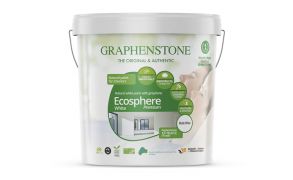 Graphenstone Ecosphere Premium
Graphenstone Ecosphere PremiumAn anti-carbonation, lime based mineral masonry paint for interior walls. Matt finish.
-
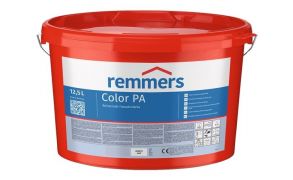 Remmers Color PA Formerly Concrete Acrylic Betonacryl
Remmers Color PA Formerly Concrete Acrylic BetonacrylA water based, CO2 inhibiting, water repellent protective coating for renovation and repair measures on concrete surfaces.